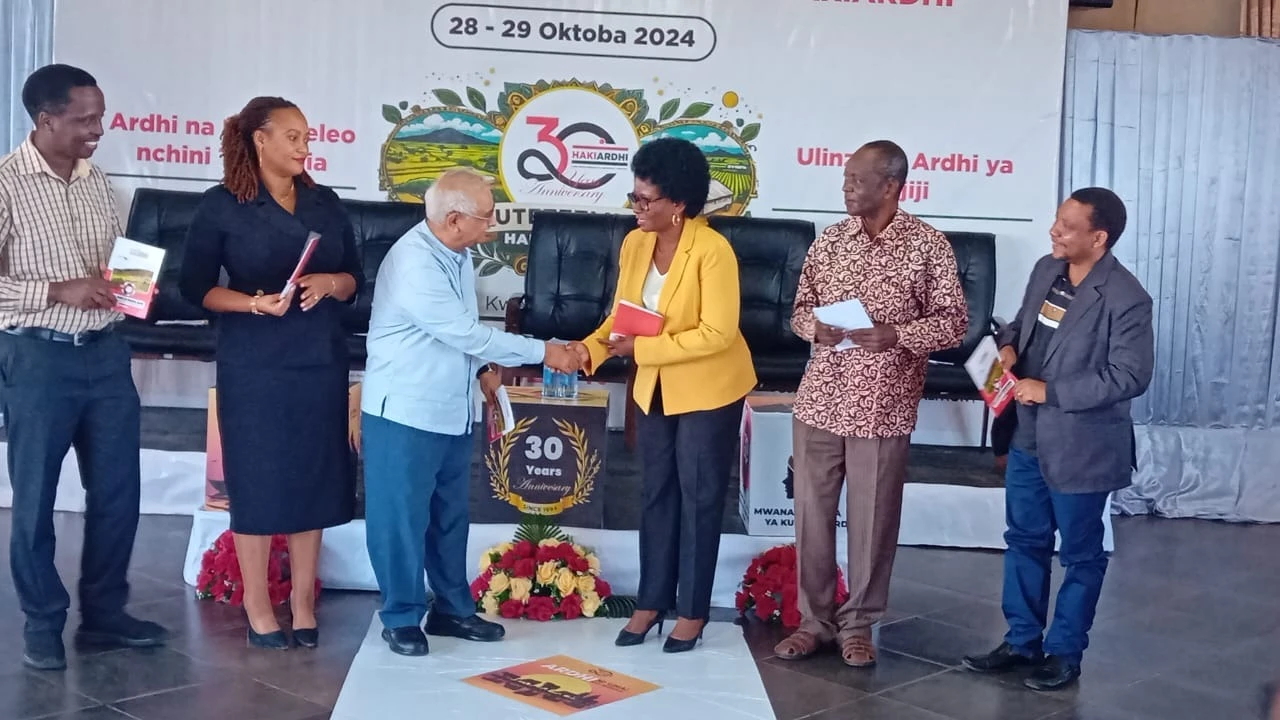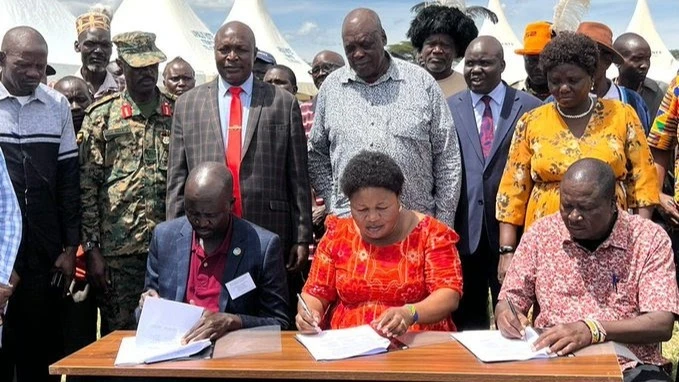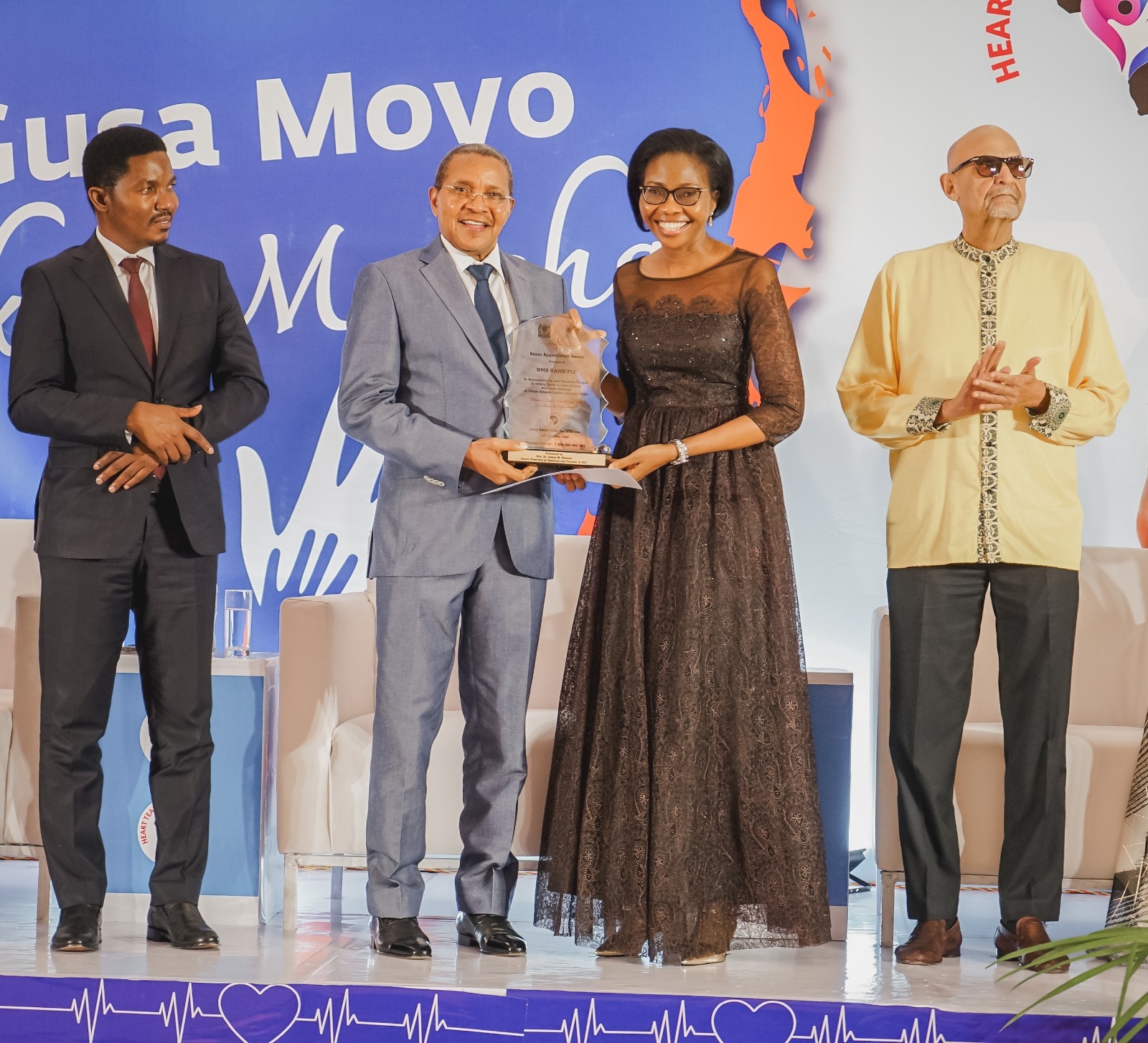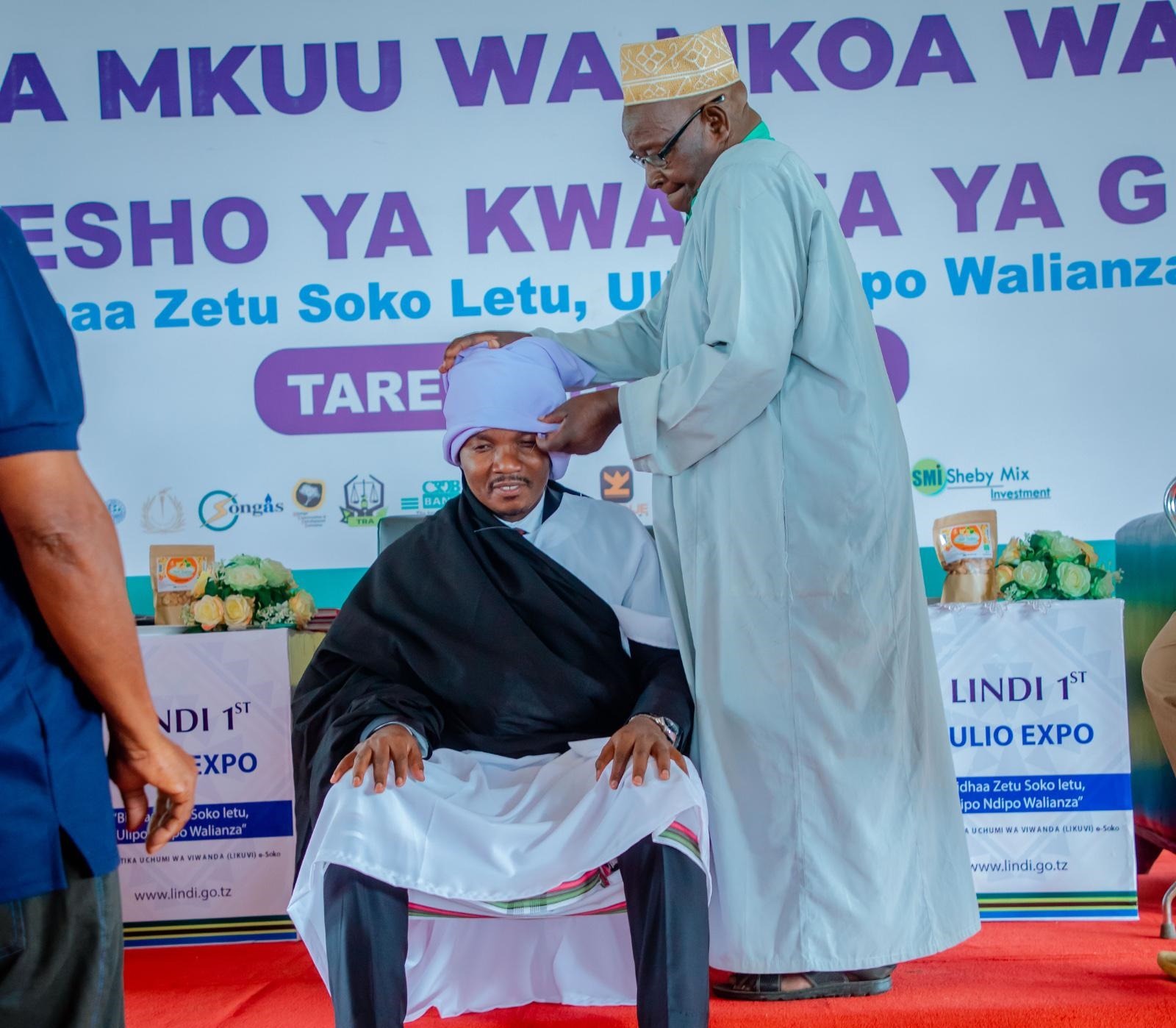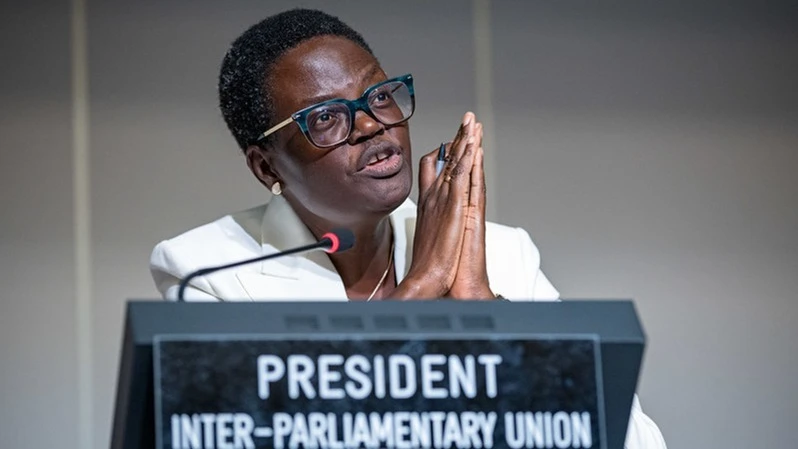Land rights infringements and insecure tenure drive small producers off their land
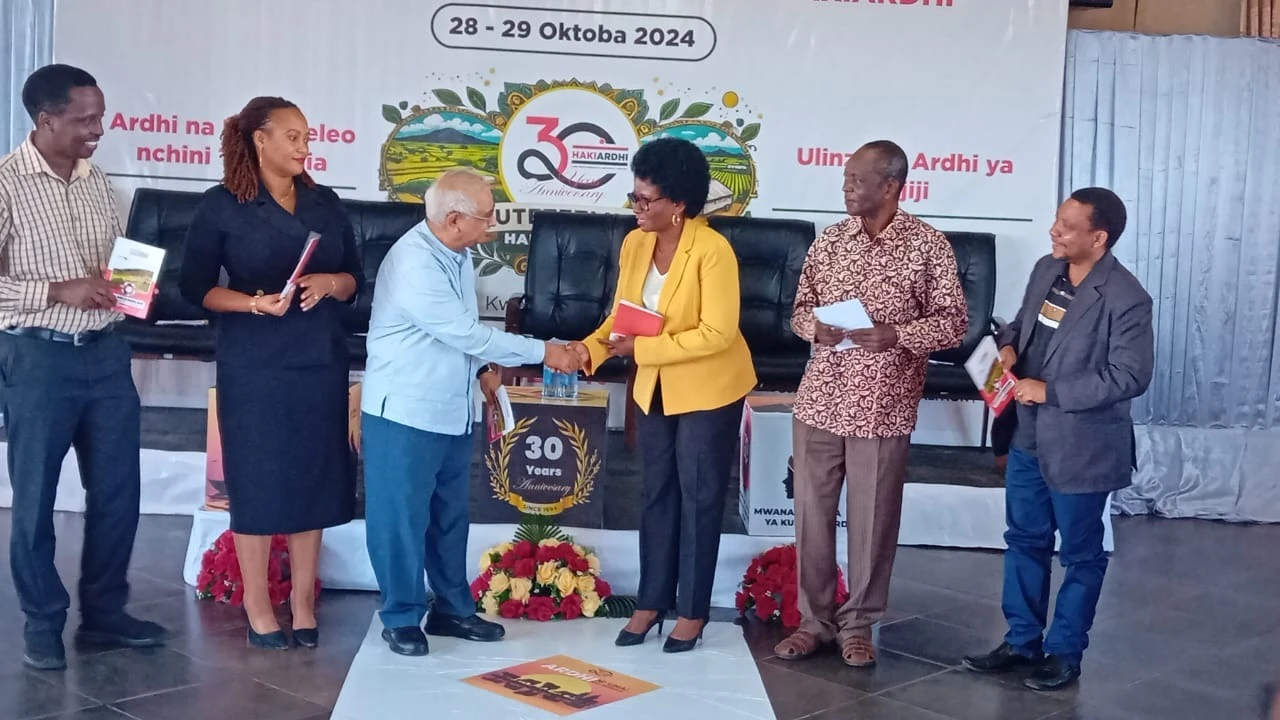
SMALL producers are the backbone of economic development but in Tanzania they face insecure tenure and as such their contribution to the country’s economy and other sectors is not only negligible but also uncertain.
The bulk of these producers comprising farmers, herders, miners and fishers, among others, have for more than three decades lived in fear of becoming landless and devoid of sources of livelihoods. They experience increase of habitat expansion, large scale farming, expansion of protected areas and infrastructure construction taking away large chunks of land that could otherwise be used for small scale production to raise the economy at family level and help communities to eradicate poverty.
Talk about economic sustainability of a community or a country in general, the picture that comes immediately is that of land ownership, land management, land rights and secure tenure. The situation on the ground reveals that small producers are uncertain of tenure and thus their future, as a result of which the full potential of production is not realized.
Economic development takes a snail’s pace and failure to move out of poverty is imminent. Under the circumstances special groups of small producers including women and the youth also cannot access land rights and few have secure tenure rights. These are not protected.
“Small producers are not safe. Their land tenure rights are not protected partly because they are not aware issues relating to land rights and secure tenure but mainly because of forces outside the land they own.Their safety lies in their unity, knowledge and awareness of their land rights so they must unite and form a strong bond in order to protect their land rights and their tenure rights,” explained Prof. Issa Shivji, (Prof. Emeritus) of the University of Dar es Salaam. He was speaking at the National Land Forum 2024 and the 30th Anniversary of HakiArdhi which was conducted in Bagamoyo recently.
He said that for about three decades small producers have felt the land they own is not safe from being grabbed by investors, agribusiness and government for various reasons. “The fear was first expressed in 1992 to the Presidential Commission of Inquiry into Land Matters and it has grown even more today, what with increased awareness of the importance and value of land among the public, rise in agribusiness, the wave of expanding game reserves, national parks and other protected lands, as well other land based investments. They are threatened by land grabbing that is done by both official instruments and private individuals,” he explained.
The fear that was expressed to the Presidential Commission by small producers still exists today as there is still no guarantee of secure tenure for small producers. Their land can still be taken away today without their consent or consultation, just as was the case three decades ago. According to Prof. Shivji the notion that all land belongs to the public has bred corruption and irresponsibility among land administrators who act in defiance of individual and communal land rights and do not give opportunity for small producers to participate in decisions of land is use and how to protect their tenure rights, among others.
Failure to interpret the law has also led to infringement of land rights and insecure tenure. For example, it is generally understood that land is public property under the stewardship of the President of the United Republic of Tanzania who has powers to make all decisions on land matters.
The Land Act No. 4 of 1999 stipulates that all land is vested on the president as a trustee on behalf of the people of Tanzania. “This does not mean that the president owns the land and neither does it mean that the president can do whatever he/she desires or intends to do. It means that the power of the president as the trustee flows down to his/her subordinates who have been delegated powers and responsibilities on land matters. In this case the President’s trusteeship is a legal aspect and not administrative. The president is not a beneficiary of the trusteeship,” explained Prof. Shivji, adding that in the course of implementing their duties some government officials have been accused of being irresponsible and corrupt in administering land rights. Various processes of land administration do not involve small producers and the same are excluded in decisions made about their land, much as they the owners of land.
Very often when land is taken from small producers on claims that it is taken for public interest. However small producers are part of the public and it is only fair that they should participate in all decisions related to their land. This would protect land rights and ensure secure tenure.
According to the Village Land Act (No 5) 1999, villagers own land and should have the final decision on who should be allocated land. “Village land is owned by small producers and the village assembly is the authority when it comes to allocation of land to individuals or groups of people. The decision on land matters rests with the owners and not the trustee and in order to guarantee secure tenure of small producers, villagers should be allocated land by the village assembly and subsequently be issued with a Customary Certificate of Right of Occupancy,” stressed Prof. Shivji.
Now that the power of village assemblies to allocate land has been weakened, small producers must unite in order to protect their land. Such unity must incorporate knowledge of their land rights and tenure rights.
Speaking during the forum the Executive Director of Tanzania Human Rights Defenders Coalition Onesmo Ole Ngurumwa explained that ownership of land has changed hands from small producers to large scale producers and it is a matter of time before the former become landless and therefore be stripped of their sources of livelihoods. “We therefore have to undertake a revolution in the system of land ownership as the current system does not provide enough space for small producers to own land and have secure tenure,” he said, adding that land seals the link between people and their lives and their development.
“To date land is owned by the government and the President is the chief steward who makes final decisions on land owned by small producers. Such a system neither protects land rights nor guarantees secure tenure. It does not provide room for participation of small producers in making decisions about the land they own,” he said.
Speaking at the Forum, HakiArdhi Executive Director Cuthbert Tomitho explained that village land must be protected because all development whether economic, social or political depends on land. “Industrialisation depends on land for construction and raw materials of all kinds. About 80 percent of the rural population, mainly small producers, are employed on land. However, these are now being squeezed out of land to pave way for urbanization, mining, estate farming and climate change. We must therefore protect village land from these and other threats. We need to protect village land for the country’s development,” he said.
Earlier when officially opening the forum, Deputy Principal Secretary Ministry of Land, Housing and Human Settlements Development Ms. Lucy Kabyemera highlighted the fact that all needs and development requirements of Tanzanians depend on land. “So we need to discuss existing challenges and emerging ones with the view to protecting interests of small producers as well as local and foreign investors,” she said.
She commended civil society organisations for being in the forefront in protecting land owned by small producers and pledged government support in ensuring that their land rights are respected and their tenure is secure.
Ms. Kabyemera also informed delegates that the government had finalised the review of the National Land Policy which addresses land rights and secure tenure for individuals, communities, investors and other land users.
“The new policy incorporates views and opinions from institutions, individuals, civil society and other stakeholders. It also gives direction on how to resolve conflicts and equips the various sectors with tools to expedite services as required so that conflicts are resolved quickly,” she said.
She stressed that land is important for social and economic activities such as agriculture, pastoralism, mining, fishery, construction and transport, among others, as it provides employment opportunities for many Tanzanians.
“The government is committed to promote and protect interests of small as well as large producers who own land through customary law or through legal systems, for the benefit of the country as a whole. Government also recognizes CCROs as proof ownership of land and strives to protect such land owners so that they are given adequate, fair and timely compensation whenever their land is taken by the government, institution or investors. There is also a need to revamp educational and awareness campaigns on equal access to land rights for both men and women through CCROs in a bid to get rid or reduce gender violence,” explained the Deputy Permanent Secretary.
The National Land Forum is an annual event and this time it coincided with celebrations to mark the 30th anniversary of HakiArdhi. This year’s event was organized by HakiArdhi and Tanzania Land Alliance during which discussions revolved on land and development in Tanzania, focusing on customary land governance.
Top Headlines
© 2024 IPPMEDIA.COM. ALL RIGHTS RESERVED


















